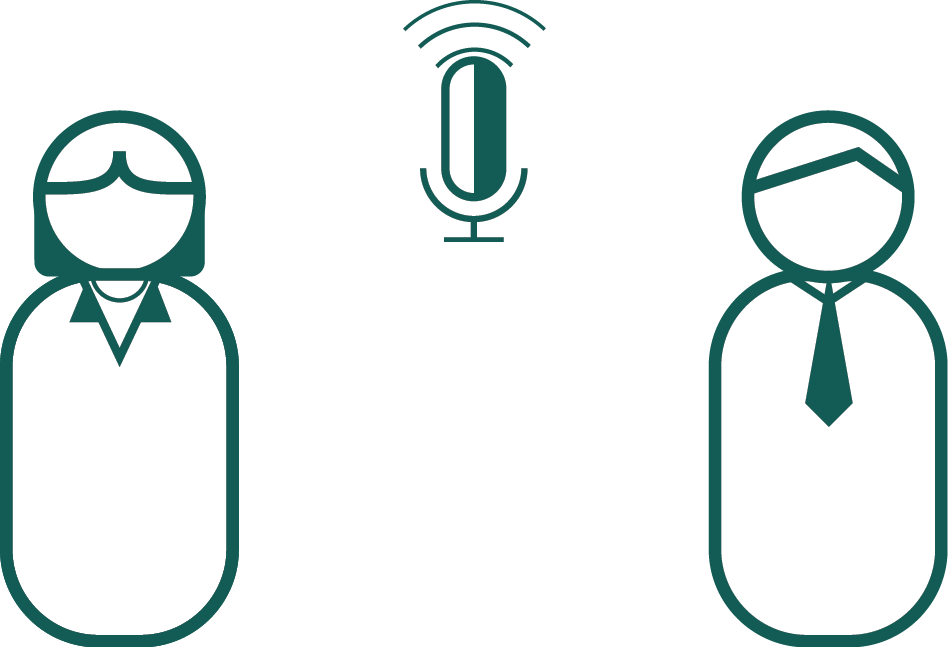When you speak, it's important that your audience can hear you and understand what you're saying. If you're using a microphone, make sure that you are aware of its limits! Also, nerves tend to make people speak faster and less clearly. Try to take deep breaths to calm yourself, and force yourself to speak slightly slower than you would normally. It is okay to take natural pauses as you speak, and this will calm you down and improve the clarity of your speech. If you know you get a dry mouth, take a bottle of water with you. Taking sips of water from time to time as you present can also help provide calming pauses.
You will also need to project your voice. Check that you're facing the audience and looking up. Instead of addressing people in the front row, address the people in the back row, and if you know you have a quiet voice, confirm that the back row can hear you. Maintaining eye contact with the audience is also valuable in helping maintain your voice projection throughout your presentation.
Another important factor in keeping your audience interested is the intonation of your voice. Modulating the pitch, volume, rhythm, and timbre of your voice will keep people interested and help get your meaning across. A lively speaking voice also conveys enthusiasm for your work!
Most people listening to your presentation are likely to be sympathetic and will appreciate that presenting in a second language is challenging. People often dread making mistakes while speaking, and this can throw their confidence if they're already nervous. If you make a mistake while speaking, the most important advice is DON'T PANIC!
If you have small windows of time available for practicing your presentation, start each practice session from a different part of your presentation, so you have practiced all parts at least once.
Even the most experienced speakers will stumble and things can go wrong no matter how carefully they prepare. For minor slips when you're speaking, correct yourself if you need to, and remember that the audience will not be judging you half as harshly as you judge yourself. For more obvious mistakes, it is best to acknowledge it with good humour and set it right promptly. A panicky embarrassed response will make the audience feel uncomfortable. Something like "Sorry about that" or "Let me try that again…" with a smile would work well.




